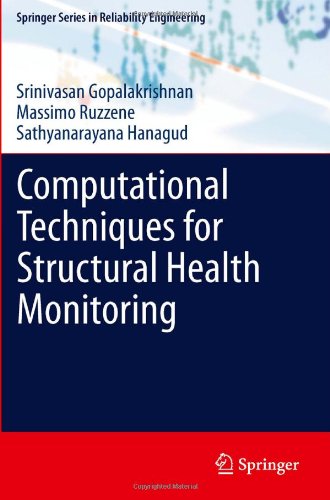

Most ebook files are in PDF format, so you can easily read them using various software such as Foxit Reader or directly on the Google Chrome browser.
Some ebook files are released by publishers in other formats such as .awz, .mobi, .epub, .fb2, etc. You may need to install specific software to read these formats on mobile/PC, such as Calibre.
Please read the tutorial at this link: https://ebookbell.com/faq
We offer FREE conversion to the popular formats you request; however, this may take some time. Therefore, right after payment, please email us, and we will try to provide the service as quickly as possible.
For some exceptional file formats or broken links (if any), please refrain from opening any disputes. Instead, email us first, and we will try to assist within a maximum of 6 hours.
EbookBell Team

4.0
16 reviewsThe increased level of activity on structural health monitoring (SHM) in various universities and research labs has resulted in the development of new methodologies for both identifying the existing damage in structures and predicting the onset of damage that may occur during service. Designers often have to consult a variety of textbooks, journal papers and reports, because many of these methodologies require advanced knowledge of mechanics, dynamics, wave propagation, and material science. Computational Techniques for Structural Health Monitoring gives a one-volume, in-depth introduction to the different computational methodologies available for rapid detection of flaws in structures.
Techniques, algorithms and results are presented in a way that allows their direct application. A number of case studies are included to highlight further the practical aspects of the selected topics. Computational Techniques for Structural Health Monitoring also provides the reader with numerical simulation tools that are essential to the development of novel algorithms for the interpretation of experimental measurements, and for the identification of damage and its characterization.
Upon reading Computational Techniques for Structural Health Monitoring, graduate students will be able to begin research-level work in the area of structural health monitoring. The level of detail in the description of formulation and implementation also allows engineers to apply the concepts directly in their research.